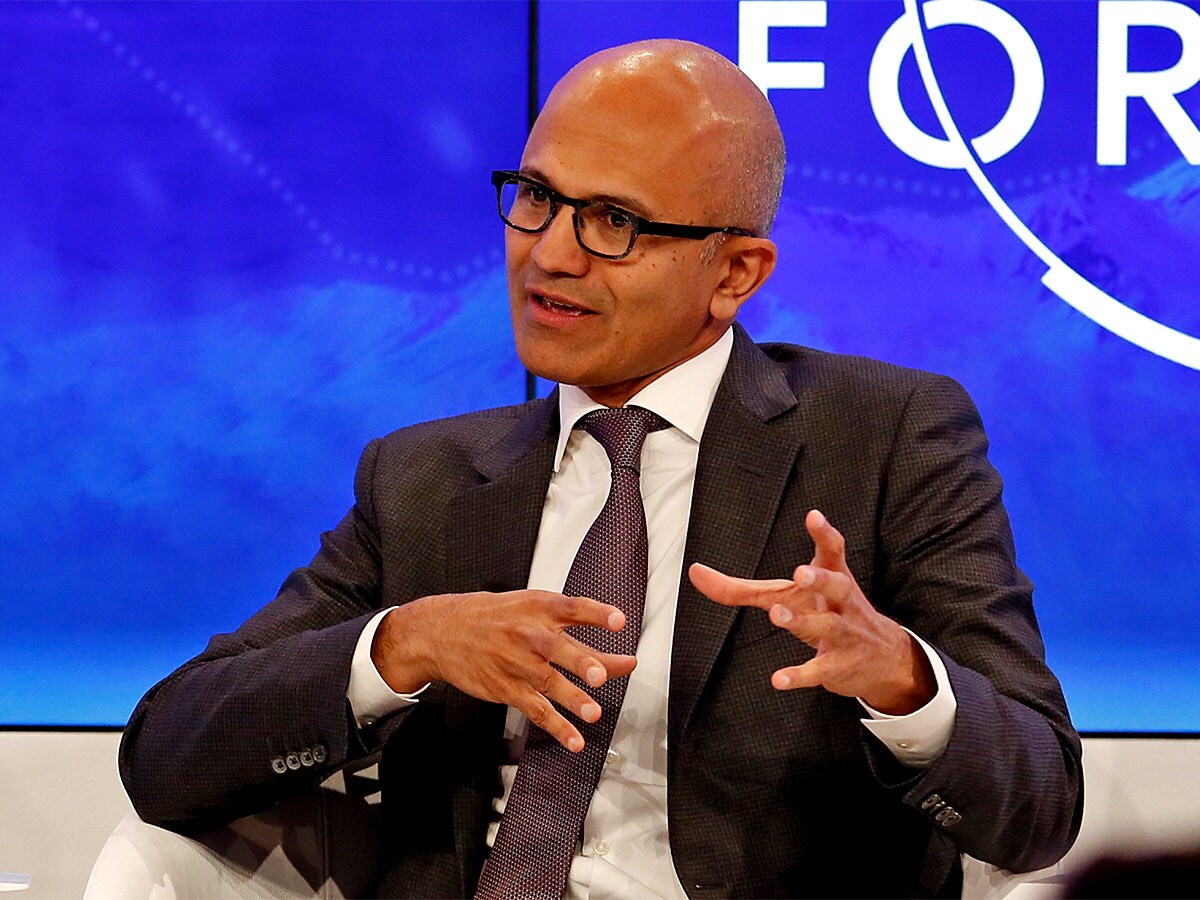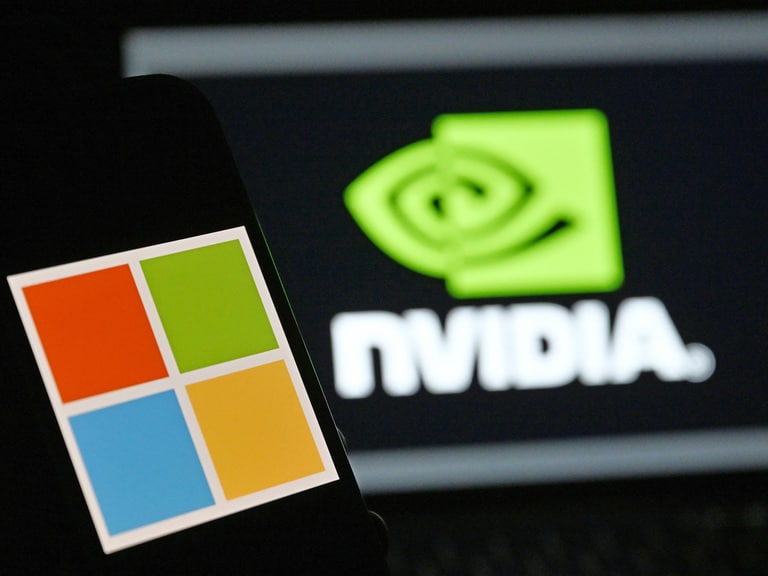Despite a significant tumble during March 2020, Microsoft’s [MSFT] share price soared last year. The stock even reached an all-time high, hitting $232.86 on 2 September before closing at $231.05 — up 48.1% year-to-date at the time.
Although Microsoft’s share price has fallen somewhat since then, the stock was still up 37.8% year-over-year (as of 22 January’s close).
Whilst this is positive news for investors, a look at Microsoft’s share price over the last six months paints a more volatile picture, as any growth in the stock has been swiftly countered by repeated drops in price.
The software stalwart is preparing to announce its second-quarter earnings for the fiscal year 2021 on 26 January, but how will Microsoft’s share price, and the wider market, react?
What are Microsoft’s growth drivers?
When Microsoft posted its first-quarter results on 27 October last year, it announced earnings of $1.82 per share, which beat the Zacks Equity Research consensus estimate of $1.53 by 18.9%. Revenues grew 12% year-on-year to reach $37.15bn — beating estimates by 4.1%.
Amy Hood, executive vice president and CFO of Microsoft, credited the positive results with an increase in demand for Microsoft’s cloud services.
“Demand for our cloud offerings drove a strong start to the fiscal year with our commercial cloud revenue generating $15.2bn, up 31% year over year,” said Hood. “We continue to invest against the significant opportunity ahead of us to drive long-term growth.”
"Demand for our cloud offerings drove a strong start to the fiscal year with our commercial cloud revenue generating $15.2bn" - Amy Hood, Microsoft executive vice president and CFO
Despite the positive results, Microsoft’s share price closed 4.96% lower than the previous session the day after the results were announced. Meanwhile, the Invesco Dynamic Software ETF [PSJ], which has a 4.6% holding in Microsoft stock, fell 2.9% in the same period.
While the performances of both Microsoft and the Invesco Dynamic Software ETF have followed a similar trend, the ETF has outpaced Microsoft’s growth since mid-November. During Microsoft’s first quarter, it grew just 4.6% compared to the ETF’s 21.8%.
Looking ahead to the upcoming results, Microsoft is expected to post earnings of $1.64 per share, which would mark a growth of 8.6% year-on-year. As for revenues, analysts are calling for sales of $40.12bn for the quarter ended December, which would represent year-over-year growth of 8.7%.
For the full year, the consensus estimates predict Microsoft’s share price will benefit from reaching earnings of $6.73 per share and for revenues to total $157.35bn. If correct, these estimates would represent respective changes of 16.8% and 10% year-over-year.
The road ahead
On 19 January, The Wall Street Journal reported that Microsoft is among a group of companies, including Honda [HMC], that have invested $2bn in General Motors’ [GM] autonomous vehicle startup Cruise — in which GM has held a majority stake since 2016.
As part of the deal, both GM and Cruise will use Microsoft’s Azure cloud-computing service as it rolls out autonomous-vehicle services.
“With this strategic relationship, we are looking to further address these hyperscale computing needs,” said Sanjay Ravi, a general manager of Microsoft’s automotive-focused business, as reported in The Wall Street Journal.
“This is a big deal,” Michael Ward, an analyst at Benchmark, told Barron’s. “The No. 1 software firm invested in GM’s autonomous driving technology.”
"This is a big deal" - Michael Ward
Following the news, Microsoft’s share price was up almost 2% and on 20 January the stock closed at $224.34 — its highest close since it peaked on 2 September. Meanwhile, the PSJ ETF hit a new all-time high in the same period when it closed at $166.30 — up 59.3% compared to the same time last year.
So, how does an investment in autonomous driving benefit Microsoft’s cloud business and how could this affect the wider sector? Well, according to The Wall Street Journal, analysts believe that autonomous cars will be treasure troves of data that autonomous-service operators will capture, store and eventually monetise.
Nick Shields, a senior analyst at Third Bridge, believes that this investment marks a strategic step for Microsoft to extend its service ecosystem to a new, long-term platform — as well as an opportunity for its Azure cloud computing business segment.
“Many observers have imagined a future where self-driving vehicles have multiple screens and infotainment centres in a vehicle … [so] bringing MSFT's services like gaming and more could make sense,” said Shields. “Moreover, given the amount of data produced by the multiple sensors and cameras in autonomous vehicles, MSFT likely sees that as an opportunity for Azure longer term.”
| Market cap | $1731trn |
| PE ratio (TTM) | 36.93 |
| EPS (TTM) | 6.20 |
| Quarterly revenue growth (YoY) | 12.40% |
Microsoft's share price, Yahoo Finance, 25 January 2021
Disclaimer Past performance is not a reliable indicator of future results.
CMC Markets is an execution-only service provider. The material (whether or not it states any opinions) is for general information purposes only, and does not take into account your personal circumstances or objectives. Nothing in this material is (or should be considered to be) financial, investment or other advice on which reliance should be placed. No opinion given in the material constitutes a recommendation by CMC Markets or the author that any particular investment, security, transaction or investment strategy is suitable for any specific person.
The material has not been prepared in accordance with legal requirements designed to promote the independence of investment research. Although we are not specifically prevented from dealing before providing this material, we do not seek to take advantage of the material prior to its dissemination.
CMC Markets does not endorse or offer opinion on the trading strategies used by the author. Their trading strategies do not guarantee any return and CMC Markets shall not be held responsible for any loss that you may incur, either directly or indirectly, arising from any investment based on any information contained herein.
*Tax treatment depends on individual circumstances and can change or may differ in a jurisdiction other than the UK.
Continue reading for FREE
- Includes free newsletter updates, unsubscribe anytime. Privacy policy





